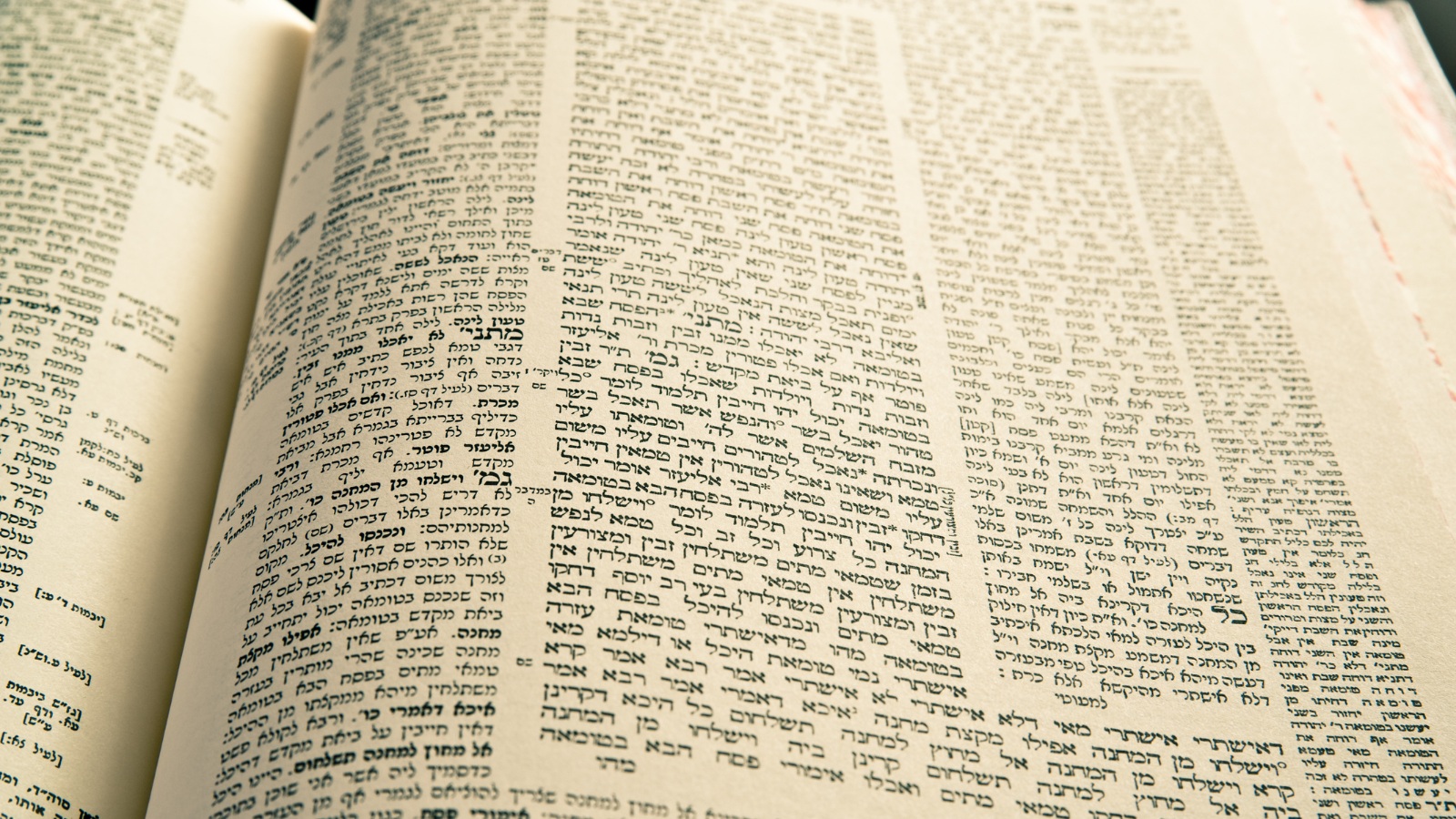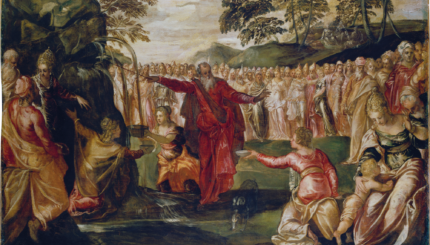The Talmud writes of the compensation due to one who is injured:
One who injures another is liable to pay compensation for that injury due to five types of indemnity: He must pay for damage, for pain, for medical costs, for loss of livelihood and for humiliation.
Bava Kamma 83b
These are the words of the Mishnah. The Gemara goes on to elaborate all these types of losses. Notice that the final loss is humiliation. To be injured has social implications, and some injuries are more damaging to one’s social standing or self-esteem than others. In recognizing this, thousands of years ago, the Talmud acknowledged that injury to one’s psyche is as real as injuries to one’s body.
“Sticks and stones may break my bones but names will never hurt me” is a questionable bromide we learned as children. But sticks and stones can break more than bones. As a society we are still making progress in healing the shame from those who have been hurt, disabled, or sidelined. The Talmud teaches us to see one another in all our human dimensions and to take the health of our minds as seriously as we take the health of our bodies.
Rabbi David Wolpe’s musings are shared in My Jewish Learning’s Shabbat newsletter, Recharge, a weekly collection of readings to refresh your soul. Sign up to receive the newsletter.



